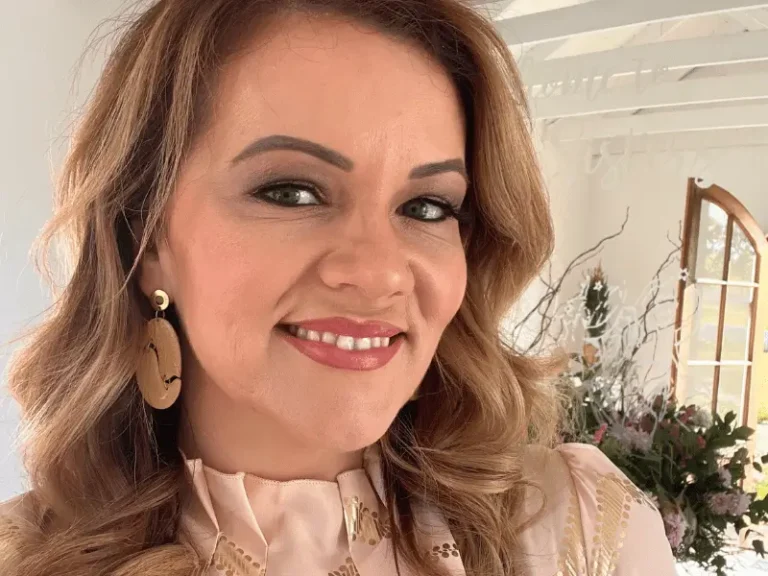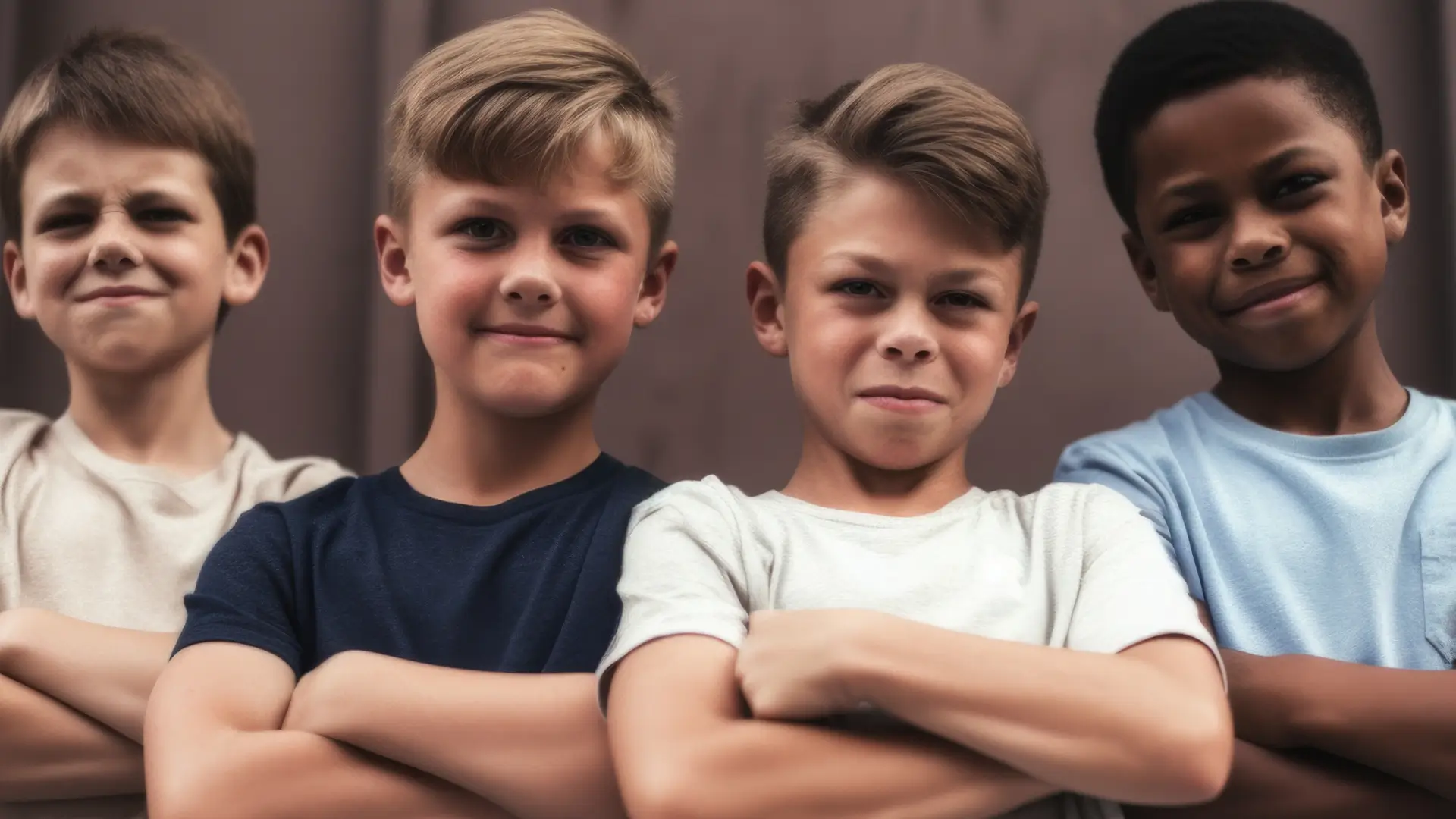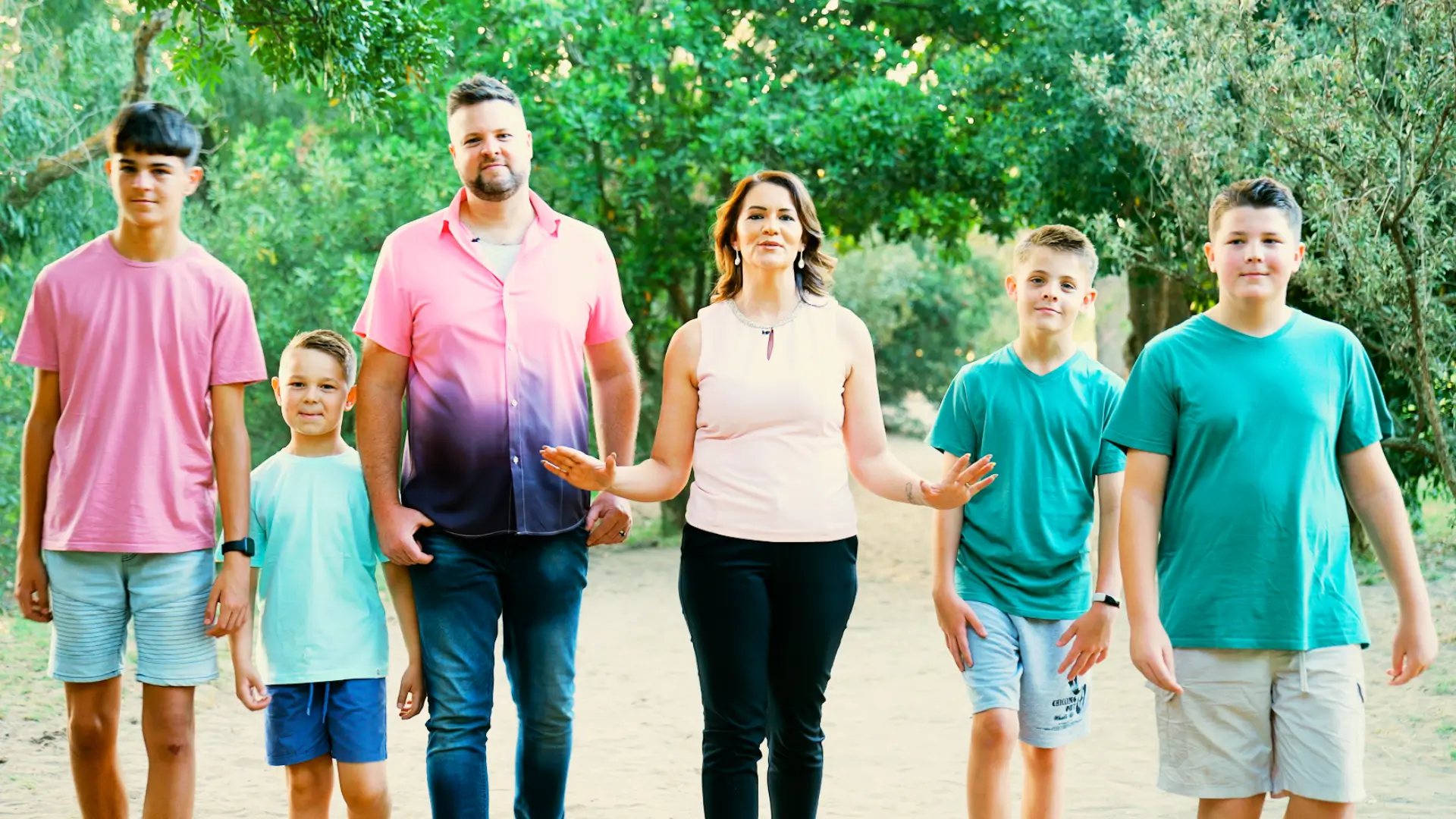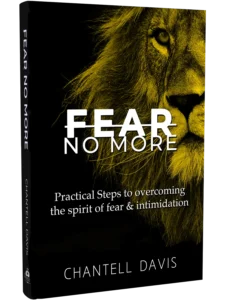WHAT IS GBV?
GBV is an umbrella term for any harmful act that is perpetrated against a person’s will and is based on socially ascribed differences between males and females. It includes acts that inflict physical, sexual or mental harm or suffering, threats of such actions, coercion and other deprivations of liberty. Together, let’s eradicate GBV, Domestic Violence and all acts of Abuse, once and for all.
WHO ARE WE?
Respect Her is a movement that unites both women and men in the fight against gender-based violence (GBV), domestic violence, and abuse. Our mission is to empower women to live free from fear, violence, and oppression by challenging societal norms through dialogue, education, support, and mentoring boys to become respectful men. It is time to end GBV, Domestic Violence, and Abuse, once and for all!
The Types of Abuse
1. Emotional: Initiates with subtle mind games.
2. Verbal: Progresses to name-calling and hurtful language.
3. Technological: Involves invasive actions like GPS tracking or sabotaging on social media platforms.
4. Sexual: Extends to coercive actions, such as forcing sex while the partner is asleep or using religious beliefs as a basis for sexual behaviour.
5. Physical: Culminates in physical harm, ranging from punching and choking to extreme cases like murder.
Recognizing an abuser isn't as simple as appearance; however, certain signs and behaviours may serve as indicators.
The Patterns of Abuse
Stage 1: The Build-Up; Frustration and unease grow as unresolved issues simmer, setting the stage for a tense confrontation.
Stage 2: Eruption; the outburst of aggression unfolds.
Stage 3: Restoration; a phase of remorse ensues, marked by apologies and gestures of reconciliation.
This harmful pattern persists until one party departs or actively pursues intervention.
Understanding Abuse
One of the most common questions in therapy revolves around the perplexing query, "Why would they do this?" This inquiry often arises from individuals who have experienced abuse and are earnestly seeking to comprehend the motives behind their attacker's behaviour.
It's essential to clarify that this article is not meant to explain, justify, or rationalize abuse. Abuse is unequivocally wrong in all circumstances. Instead, the goal is to provide insight into a question that plagues survivors, fostering an understanding that people do not universally share the same perspectives on right and wrong. Additionally, the aim is to contribute to the healing process for those who have been harmed.
There are several reasons why a person may engage in abusive behaviour:
1. Disorders: Some individuals, specifically those with antisocial personality disorder (sociopath or psychopath) and sadistic tendencies, derive pleasure from causing pain. Abuse, for them, becomes a means to an end.
2. Cycle of Abuse: Those who were abused themselves may unconsciously replicate the same behaviour in an attempt to resolve their own trauma. This can manifest identically to their childhood experiences.
3. Media Influence: Exposure to glorified abuse through movies, songs, TV shows, and videos, where abuse is minimized or normalized, can contribute to abusive behaviour.
4. Anger Issues: Uncontrolled rage, often stemming from unresolved trauma, can lead to abusive outbursts triggered by specific people, circumstances, or places.
5. An upbringing with an Addict: Growing up with an addict who blames others for their behaviour can result in pent-up anger and a pattern of blaming others in adulthood.
6. Control Issues: Some individuals seek control through bullying or intimidation, lacking effective leadership skills.
7. Boundary Challenges: Abusive individuals may struggle to understand personal boundaries, seeing others as extensions of themselves, devoid of entitlement to their limits.
8. Fear-Based Actions: People acting out of fear may use their emotions as justification for demanding compliance, prioritizing fear over empathy.
9. Lack of Empathy: Head trauma, personality disorders, or environmental traumas can lead to a lack of empathy, making it easier to inflict harm.
10. Personality Disorders: While not all individuals with personality disorders are abusive, a distorted perception of reality can contribute to abusive behaviour if one cannot recognize it.
11. Exhaustion: A person pushed to their limits may lash out destructively during a mental breakdown.
12. Defensive Behaviour: Défense mechanisms such as denial, projection, regression, and suppression can lead to abusive retaliation when a person feels cornered.
It's important to note that an abusive person may exhibit some or all of these qualities depending on the circumstances. The intention is not to justify their behaviour but to provide insights that may help survivors understand the underlying reasons behind abuse.
Understanding the Struggles of Those in Abusive Relationships
When faced with the revelation that someone is enduring an unhealthy or abusive relationship, the common response is often, "Why don't they just leave?" Yet, for those who haven't experienced such situations, the complexities of leaving an abusive relationship might not be immediately apparent. It's crucial to recognize that breaking free from an abusive relationship is a challenging process. Here are 11 reasons why someone in an unhealthy or toxic situation might find it difficult to part ways with their partner:
1. Normalization of Unhealthy Behaviour: Society often normalizes unhealthy behaviours, making it challenging for individuals to identify their relationships as abusive and seek help.
2. Emotional Abuse and Self-Esteem: Emotional abuse can shatter self-esteem, making it feel impossible to start anew. Victims may downplay emotional abuse, considering it less severe than physical abuse.
3. The Cycle of Abuse: Abusive incidents are often followed by a honeymoon phase, where apologies and promises are made, leading the victim to minimize the initial abusive behaviour.
4. Safety Concerns: Leaving an abusive relationship can be not only emotionally difficult but also life-threatening. The post-breakup period is particularly perilous, with increased risks for harm.
5. Difficulty Breaking Free: Escaping the cycle of control proves challenging for those in abusive relationships, often requiring multiple attempts to break free.
6. Ride-or-Die Mindset: Societal pressure to endure, forgive, and "ride it out" in relationships can contribute to staying with an abusive partner, perpetuating a harmful ride-or-die mentality.
7. Personal Responsibility: Abusers often manipulate situations to make their partners feel personally responsible for conflicts through tactics like gaslighting.
8. Hope for Change: Some victims stay hopeful that their partner will change, attributing abusive behaviour to tough times or believing they can inspire change through their actions.
9. Pressure for Perfection: Cultural and social expectations, exacerbated by media and social platforms, create immense pressure to maintain the facade of a perfect relationship.
10. Fear of Judgment: The fear of judgment, blame, or being marginalized often prevents victims from disclosing the abuse.
11. Shared Life: Commitments such as marriage, children, shared finances, and shared lives can create dependencies that make leaving an abusive relationship even more complex.
Understanding the multifaceted reasons why someone might stay in an abusive relationship is crucial. While seeking help is paramount, it's essential to avoid blaming the victim. Bad judgment in staying in an unhealthy or dangerous situation does not imply responsibility for the abuse endured. Differentiating between judgment and responsibility is vital in supporting those navigating the challenging path to freedom from abuse.
Unveiling the Challenges for Children Raised Without Fathers
Children raised without fathers can experience a range of effects that may impact their emotional, social, and cognitive development. It's important to note that individual experiences vary, and the presence of a supportive and involved mother or other caregivers can mitigate some of these effects. Here are some common effects associated with a father’s absence:
1. Emotional Impact:
• Lower Self-Esteem: Children may struggle with self-esteem and confidence issues, as the absence of a father figure can influence their sense of worth and identity.
• Increased Risk of Depression: Father absence has been linked to higher rates of depression and emotional distress in children.
2. Behavioural Challenges:
• Higher Risk of Behavioural Problems: Children without fathers may exhibit more behavioural challenges, including aggression, defiance, and disobedience.
• Increased Risk of Substance Abuse: Fatherless children may have a higher susceptibility to engaging in risky behaviours, including substance abuse.
3. Educational Consequences:
• Lower Academic Achievement: Father absence has been associated with lower academic performance and a higher likelihood of dropping out of school.
• Decreased Motivation: Children may struggle with motivation and engagement in school-related activities.
4. Social Development:
• Difficulty Forming Relationships: The absence of a father figure can impact a child's ability to form and maintain healthy relationships.
• Reduced Social Skills: Children may face challenges in developing social skills, including communication and conflict resolution.
5. Gender-Specific Effects:
• Gender Role Confusion: Boys may experience difficulties in understanding and adopting appropriate gender roles without a male role model.
• Early Puberty in Girls: Some studies suggest that girls without fathers may experience early puberty.
6. Risk of Delinquency:
• Higher Likelihood of Delinquent Behaviour: Fatherless children may be at a greater risk of engaging in delinquent activities or involvement with the criminal justice system.
7. Economic Impact:
• Increased Risk of Poverty: Father absence is often associated with a higher likelihood of living in poverty, which can have various socio-economic consequences.
8. Health Outcomes:
• Poorer Physical and Mental Health: Fatherless children may experience poorer overall health outcomes, including both physical and mental health issues.
It's crucial to emphasize that these effects are not universal, and many children raised in single-parent households or by other caregivers thrive in various aspects of their lives. Supportive communities, extended family members, and access to positive role models can play significant roles in mitigating potential challenges associated with father’s absence. Additionally, effective parenting, whether by a single parent or a combination of caregivers, can greatly influence a child's well-being and development.
What To Do When You or Someone You Know is Being Abused?
If you are in South Africa, save these phone numbers and share them with your friends:
SAPS Emergency Services: Phone 10111
South African Police Service: Report all cases of rape, sexual assault, or any form of violence to a local police station or call the toll-free Crime Stop number: 086 00 10111.
Domestic violence Helpline: Stop Women Abuse: 0800 150 150
GBV Command Centre: Contact the 24-hour Gender-based Violence Command Centre toll-free number 0800 428 428 to report abuse.
Childline South Africa: Report child abuse to Childline South Africa's toll-free line: 0800 055 555.
Legal Aid South Africa: Call the toll-free Legal Aid Advice Line at 0800 110 110 for free legal aid if you cannot afford it.
Commission for Gender Equality: Report Gender Discrimination and Abuse: 0800 007 709.
South African Human Rights Commission: Call 011 877 3600 to lodge a complaint about human rights violations.
WHERE TO GET HELP
Meet Chantell Davis
Chantell Davis is a wife, mother of four boys, and a Mrs Universe SA Top 10 Finalist. She is committed to eradicating gender-based violence (GBV), domestic violence, and abuse, alongside her husband, Kevin, by mentoring boys and guiding them through the critical issue of fatherlessness, aiming to transform lives through collective action.
Inspired by Tata Madiba’s words, “Everything seems impossible until it is done“, she leads efforts to empower every young man to reach their full potential, while extending her commitment to protecting girls and women, advocating for a world free from harm and abuse through respect, equality, and understanding.


TESTIMONIALS
Empowering Teen Boys to Be Allies
“We enrolled our teenage son in the program aiming to teach him about respecting women, and we couldn’t be happier with the results. The mentors were empathetic, and understanding, and created a safe space for open conversations. Our son learned not just about the importance of respect but also about being an ally. The positive change in his interactions with girls is evident, and we’re grateful for the life skills he’s gained.” – Schalk
A Remarkable Transformation
“Our teenage son participated in the #RespectHER mentorship program focusing on respect towards women, and the results have been nothing short of remarkable. The mentors engaged the boys in meaningful discussions, fostering empathy and understanding. Our son’s attitude towards girls has undergone a positive transformation, and we credit this program for instilling values that extend far beyond the classroom. It’s heartening to see the next generation being shaped into respectful and responsible individuals.” – Mandisa
Life-Changing Mentorship Program
“Our family had the privilege of enrolling our teenage son in the mentorship program that focused on teaching respect towards women. The impact has been nothing short of incredible. The mentors were not just instructors; they became positive role models who instilled essential values in our son. We’ve noticed a remarkable transformation in his behaviour and attitude towards girls. This program shaping respectful, responsible, and compassionate young men. Grateful doesn’t begin to cover it!” – Francois

JOIN THE MOVEMENT
At Respect HER, we’re committed to rewriting the narrative surrounding gender-based violence (GBV), domestic violence, and abuse.
Founded by Chantell Davis, Mrs. Universe South Africa Top 10 Finalist, our movement aims to foster a culture of respect, equality, and empowerment.
Through open dialogue, education, and support, we challenge societal norms and stereotypes, empowering both men and women to stand together against GBV. Join us as we pave the way towards a brighter, safer future for all.











